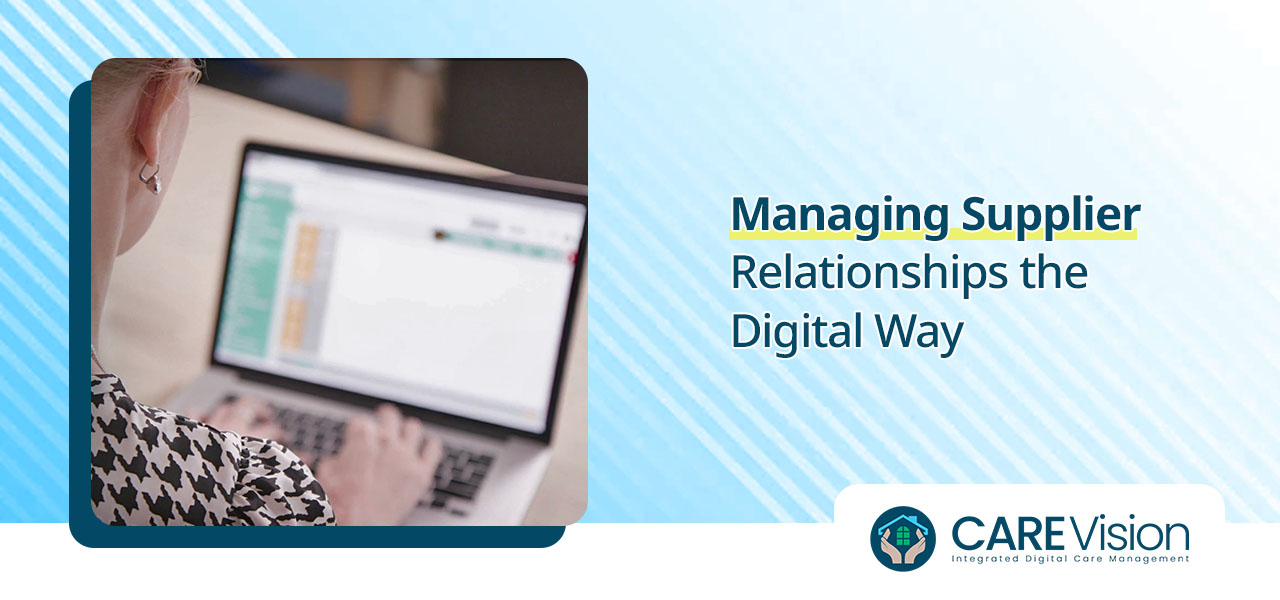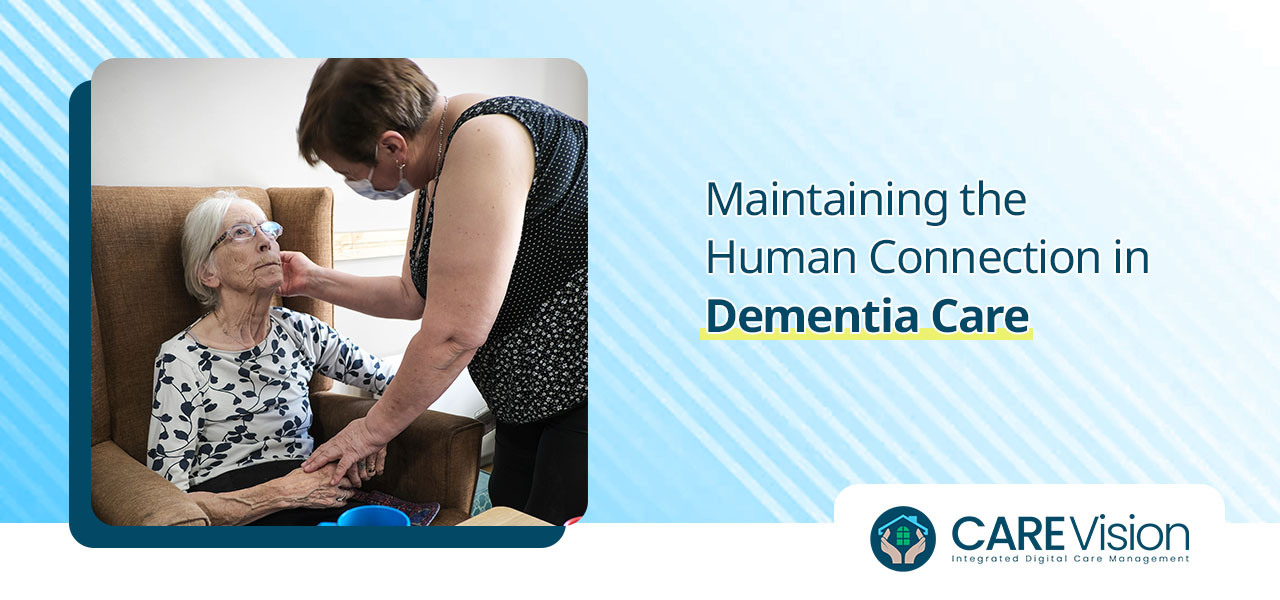On 25 March at 8.30pm, millions of people around the world will turn off non-essential electricity in their homes and businesses for one hour. The simple action is in recognition of Earth Hour, an initiative organised by the World Wildlife Fund to encourage people, businesses and communities to think more carefully about how they are using the planet’s finite resources.
Cutting down on electricity consumed is not only good for the planet, but also for the finances, as fuel bills are still very high at the moment. Working sustainably can help care homes reduce their bills in other ways too, as well as doing their bit for the environment. For example, reusing and repairing as much kit and equipment as possible can put off expensive replacements for longer, as well as keep more items out of landfill. Here are some other ideas.
Community spirit
Set up a group for any staff and residents interested in looking into ways to reduce energy use and run the care home more sustainably. Schedule regular meetings and ask for ideas, comments and feedback. Often, the people who live and work in the care setting will have far better ideas on how to manage day-to-day environmentally-friendly changes. Make arrangements for the group to report back to management on a regular basis. You can use your digital care management software to co-ordinate meetings, set up lists and allocated a budget for any items or initiatives that you agree would be helpful.
Heating and insulation
Carry out regular checks of the heating system to make sure it is operating correctly. Monitor thermostats too, to ensure that they are not set too high or wasting energy heating empty rooms. Make sure insulation is suitable for purpose too and that external areas such as water pipes are also protected from frost. Look for gaps e.g. under doors or by windows and ensure these are plugged appropriately to prevent heat loss. Consider installing heat pumps to provide an ‘eco-friendlier’ form of heating.
Resource management
Pay greater attention to how you are using electricity and other resources in the care home. For example, turn overhead lights off when not using them, or install motion sensors to do this for you. Only boil enough water for the task you need it for and wait until the dishwasher is full before turning it on. Turn off TVs, computer and other appliances at the mains at night. Change standard light bulbs for more ecologically friendly LED versions. Switch from using disposable items, such as cups, cutlery, wipes and straws to sustainable alternatives – this saves money in the longer term and diverts plastics from landfill.
Water
Managing your water is a key way to reduce your care home’s carbon footprint. By reducing the amount you use, this can have a significant effect on working more sustainably, as well as lowering water bills if you are on a smart meter. Switch standard shower heads and taps for eco alternatives and aerators to make the water go further. Consider changing to low-flow toilets and flushes that use less water for an even bigger impact in the bathrooms. Check for leaks in your water pipes and harvest rainwater in large containers to water the garden and grounds.
The great outdoors
If your care home has the space, allocate part of the grounds to grow your own vegetables, fruit and herbs. Residents will really appreciate having fresh produce to eat and you can cut down on the packaging and fuel required for having supplies delivered. You can grow flowers too for displaying indoors, rather than buying in cut stems that could have been flown in from a long way away. Keeping plants indoors can also help purify the air and lift everyone’s spirits. Encourage residents who are able to, to walk in the grounds and enjoy picnics outdoors in fine weather, rather than always driving people elsewhere for some fresh air.
Transport tips Use transport responsibly. Double up on errands and arrange day trips that are local, or can be reached by public transport. Encourage staff to come to work by public transport too, wherever possible, or offer incentives for care sharing or using a bicycle. Installing electric charging points for visitors in the care home’s car park is something else that should be considered to support family, friends, suppliers and medical professionals who drive electric cars and vehicles.






